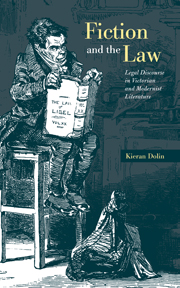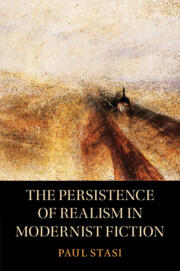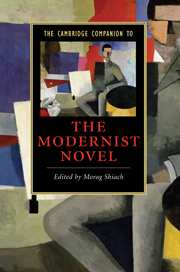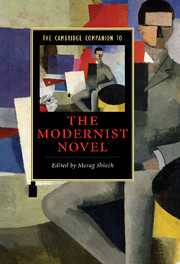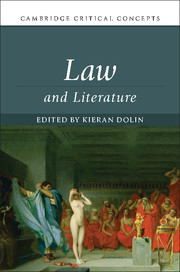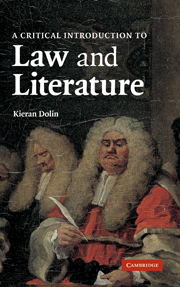Fiction and the Law
Law and literature have been two of the most powerful discourses in the construction of social reality. The relationship between the two has emerged as a vital area of study, as literary representation has proved immensely influential in framing popular understanding of law. In Fiction and the Law: Legal Discourse in Victorian and Modernist Literature Kieran Dolin examines the dialectical interplay between legal discourse and the novel in the century between Walter Scott and E. M. Forster, the period when the institution of the law was undergoing radical reform and the novel was at the peak of its cultural power. Dolin's comprehensive study argues that this cultural power is attributable in part to the novel's critical engagement with the law. His study draws on legal and literary theory to trace this important convergence of disciplines in a series of canonical Victorian and Modernist texts.
Reviews & endorsements
"Dolin's analyses are insightful and thoroughly researched. They will undoubtedly inspire others to return to familiar texts, and to look for individual instances in which the law and literature serve as dynamic forces that play off one another in the construction of society and culture." George Eliot-George Henry Lewes Studies, Kurt Neumann, William Rainey Harper College
Product details
June 1999Hardback
9780521623322
244 pages
229 × 152 × 17 mm
0.53kg
Available
Table of Contents
- Acknowledgements
- 1. Narrative forms and normative worlds
- 2. The modern Western nomos
- 3. True testimony and the foundation of nomos - The Heart of Midlothian
- 4. Reformist critique in the mid-Victorian 'legal novel' - Bleak House
- 5. Representation, inheritance and anti-reformism in the 'legal novel' - Orley Farm
- 6. Power, chance and the rule of law - Billy Budd, Sailor
- 7. From sympathetic criminal to imperial law-giver - Lord Jim
- 8. Freedom, uncertainty and diversity - the critique of imperialist law in A Passage to India
- 9. Settling out of court
- Notes
- Index.

